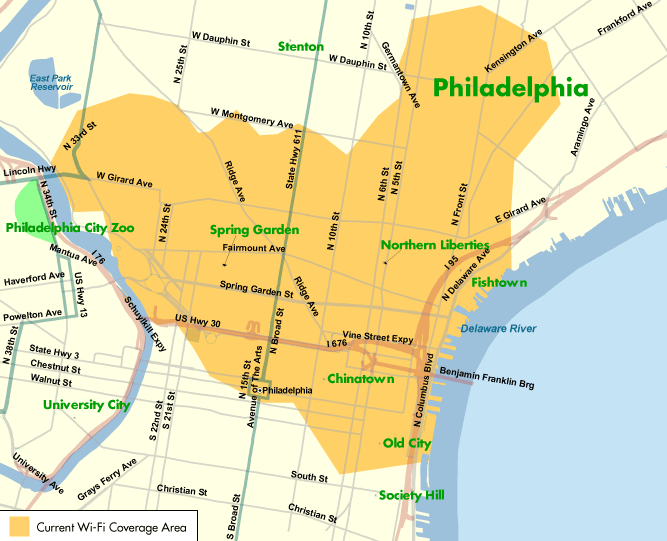
NEW YORK TIMES: It was hailed as Internet for the masses when Philadelphia officials announced plans in 2005 to erect the largest municipal Wi-Fi grid in the country, stretching wireless access over 135 square miles with the hope of bringing free or low-cost service to all residents, especially the poor. Municipal officials in Chicago, Houston, San Francisco and 10 other major cities, as well as dozens of smaller towns, quickly said they would match Philadelphia’s plans.
But the excited momentum has sputtered to a standstill, tripped up by unrealistic ambitions and technological glitches. The conclusion that such ventures would not be profitable led to sudden withdrawals by service providers like EarthLink, the Internet company that had effectively cornered the market on the efforts by the larger cities.
“All these cities had this hype hangover late last year when EarthLink announced its intentions to pull
out,” said Craig Settles, an independent wireless consultant and author of “Fighting the Good Fight for Municipal Wireless” (Hudson Publishing, 2006). “Now that they’re all sobered up, they’re trying to figure out if it’s still possible to capture the dream of providing affordable and high-speed access to all residents.”
EarthLink announced on Feb. 7 that “the operations of the municipal Wi-Fi assets were no longer consistent with the company’s strategic direction.” Philadelphia officials say they are not sure when or if the promised network will now be completed. For Cesar DeLaRosa, 15, however, the concern is more specific. He said he was worried about his science project on global warming.
“If we don’t have Internet, that means I’ve got to take the bus to the public library after dark, and around here, that’s not always real safe,” Cesar said, seated in front of his family’s new computer in a gritty section of Hunting Park in North Philadelphia. His family is among the 1,000 or so low-income households that now have free or discounted Wi-Fi access through the city’s project, and many of them worry about losing access that they cannot otherwise afford. MORE
